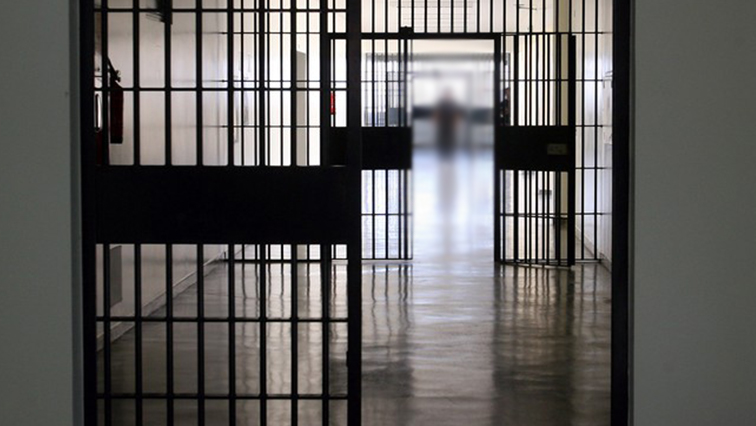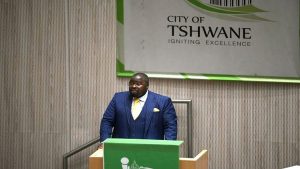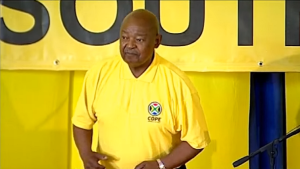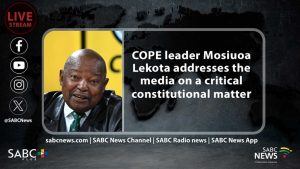Congress of the People (COPE) has lamented the extent that families need to go through to access justice for crimes committed during apartheid. Party Spokesperson Dennis Bloem says apartheid crimes must be addressed in order to close the heal the wounds of the country.
This after Judge Motsamai Makume found that anti-apartheid activist Dr Neil Aggett did not die by suicide, but was killed by the police while in custody. In 1982, 28-year-old Aggett was found hanging in his cell at the infamous John Vorster Square police station, now Johannesburg Central police station, after being detained there for 70 days on suspicion of treason.
A 1982 inquest, chaired by Magistrate Pieter Kotze, cleared the apartheid government and ruled his death a suicide.
In his judgment, Makume found Kotze was biased and not interested in finding out what had happened to Aggett, but rather why he had killed himself.
He added the National Prosecuting Authority (NPA) should pursue criminal charges against those involved in Aggett’s death. Bloem says there must be justice.
“Why is it that individual families must spend millions of rands to find out the truth and the perpetrator’s legal defence are funded by government. We believe that if the country wants to close a painful chapter of the apartheid past, then we must see justice. Let children know who killed their parents. Let parents know who killed their children. Let all these perpetrators pay for their sins.”
Johannesburg High Court delivers judgment in the Aggett Inquest:
Former apartheid police officer denies involvement in torture, death of Neil Aggett
Apartheid security police said that Aggett committed suicide, however, his family believed that they were responsible for his death.
Naude admitted to interrogating Aggett from mid-December 1981 and says he last saw him on January 9, 1982, after which he then returned to his hometown of East London. He denied being involved in the torture of any detainee, including Agget.
He said, “Nobody trained me to that effect, nobody told me that, nothing, I wasn’t present when somebody did that. I can say without any shadow of a doubt I was never part and parcel of that. And as an investigator through a career of 40-years, personally I was never involved in any cover-up, I’ve never been asked to change a statement or I never volunteered to change a statement, even in this hearing.”
Naude maintained throughout his testimony that he has no knowledge of the torture and assault of Aggett or any other political prisoners at John Vorster Square.
Author and Ahmed Timol’s nephew, Imtiaz Cajee shares more:






